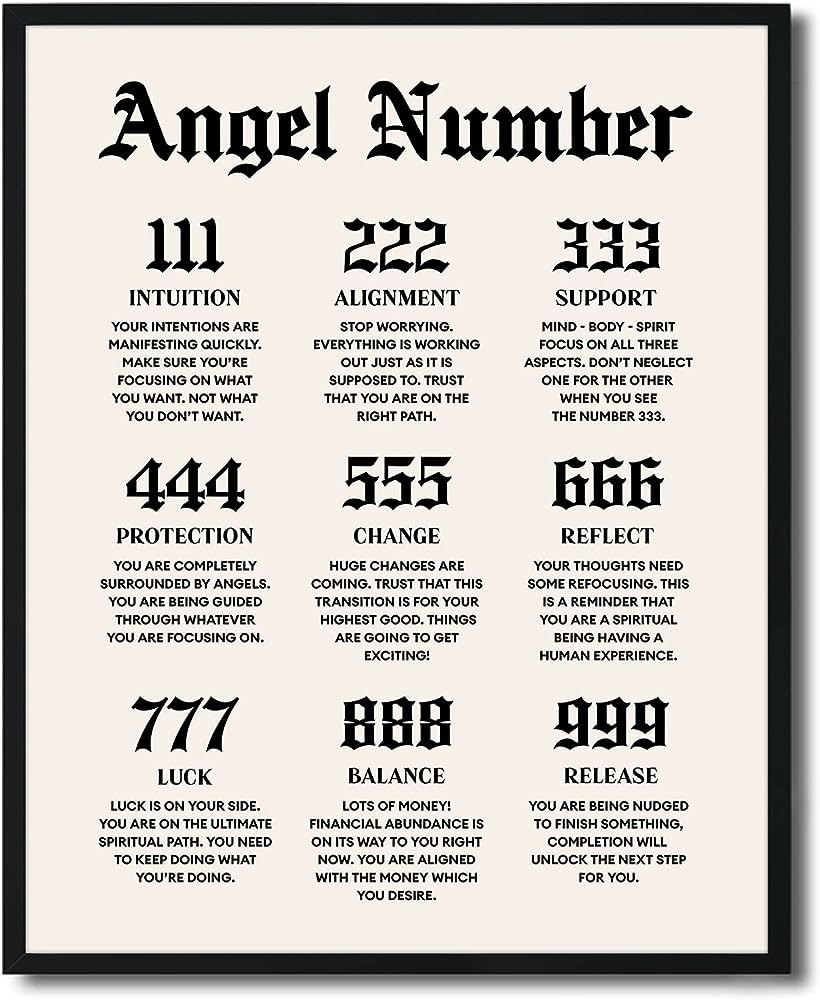Have you ever had a dream that felt so vivid, so powerful, that it seemed to carry a deeper significance? Dreams have been an enigma for humankind throughout history, and in the realm of spirituality and religion, they hold a special place as potential avenues for divine communication. This article delves into the fascinating world of divine messages in dreams, exploring their historical significance, interpretations, scriptural references, and real-life accounts from various religious traditions.
Dreams in Religious Context
Dreams have long been revered as a bridge between the physical and spiritual realms. Throughout history, numerous religious figures have claimed to receive divine messages through dreams. Ancient civilizations, such as the Egyptians and Greeks, believed that dreams were a means for the gods to communicate with mortals. In many religious traditions, dreams are considered a sacred portal for revelations and guidance.
Across cultures and religions, there are common themes in religious dreams. These themes often include encounters with spiritual beings, receiving prophecies, or being guided towards specific actions. The content of these dreams can vary widely, but the underlying belief in their divine origin remains consistent.
Theories and Interpretations
From a psychological perspective, renowned thinkers like Sigmund Freud and Carl Jung have offered insights into the interpretation of dreams. Freud believed that dreams were a manifestation of repressed desires and emotions. On the other hand, Jung introduced the concept of archetypes, universal symbols that arise from the collective unconscious, which can be found in religious dreams as well.
From a spiritual standpoint, religious dreams are often seen as direct communication from a higher power. In certain religious traditions, dreams are regarded as a form of prophecy, offering glimpses of the future or divine plans. In these interpretations, it is believed that the messages in dreams are meant to guide individuals in their spiritual journey or life purpose.
Scriptural References to Dreams
The significance of dreams in religious texts is undeniable. In the Bible, dreams play a crucial role in numerous stories. From Jacob’s ladder dream in Genesis to Joseph’s dream interpretations in Egypt, dreams are shown as pivotal in shaping the lives of biblical figures. In the New Testament, dreams appear in narratives surrounding the birth of Jesus and the guidance received by the Magi.
In the Quran, dreams are also given prominence. Islamic tradition holds that dreams can be a source of divine inspiration and guidance. Prophets, such as Prophet Muhammad, are said to have received revelations in their dreams.
Types of Divine Messages
Religious dreams can carry various types of divine messages. They may serve as warnings, offering guidance to avoid potential dangers or pitfalls. Additionally, they can bring comfort and assurance during challenging times, reassuring individuals of the presence and support of a higher power.
Moreover, religious dreams can also call individuals to specific actions or divine assignments. Such dreams are believed to be a divine calling, guiding individuals to fulfill a higher purpose in their lives.
Common Symbols and Their Meanings

Religious dreams are often filled with symbolic imagery. Understanding these symbols is crucial to interpreting the messages they convey. Some common symbols and their meanings include:
- Light and Darkness: Light often represents enlightenment and divine presence, while darkness may signify spiritual challenges or a lack of clarity.
- Animals and Mythical Creatures: Animals and mythical creatures can symbolize different aspects of the divine or represent specific virtues and qualities.
- Numbers and Colors: Certain numbers and colors hold special significance in religious contexts and can carry specific meanings in dreams.
- Water and Fire: Water can symbolize purification and rebirth, while fire may represent transformation and spiritual energy.
Cultivating the Ability to Receive Divine Messages
While not everyone may experience divine messages in dreams, there are practices to increase the likelihood of such encounters:
- Purification and Spiritual Practices: Engaging in spiritual practices, such as prayer, meditation, and acts of kindness, can create a receptive state of mind.
- Meditation and Prayer for Dream Clarity: Focusing on spiritual topics before sleep and setting an intention to receive guidance in dreams can enhance dream clarity and recall.
- Keeping a Dream Journal: Maintaining a dream journal helps in recognizing patterns and recurring themes in religious dreams, aiding in their interpretation.
Real-Life Accounts of Divine Messages
Throughout history, there have been numerous accounts of individuals who claim to have received divine messages in dreams. These experiences have often resulted in remarkable life transformations and profound spiritual insights.
“In my dream, a radiant figure appeared and spoke words of comfort and guidance. From that moment on, I felt a renewed sense of purpose in my spiritual journey,” says Sarah, a devoted practitioner from a Christian tradition.
While skeptics may view these accounts with caution, for the individuals who experienced them, they were profound and life-changing encounters with the divine.
Misinterpretations and Pitfalls
While dreams can carry powerful meanings, there are potential pitfalls in interpreting them as divine messages:
- Overanalyzing Dreams: Not every dream holds a profound message. Sometimes, dreams may simply reflect our subconscious thoughts and experiences.
- Confusing Divine Messages with Regular Dreams: It is essential to discern between ordinary dreams and those that may have spiritual significance.
- Avoiding Superstitions and Misguided Beliefs: Interpreting dreams should be approached with wisdom and discernment, avoiding falling into superstitious practices.
Interfaith Perspectives on Divine Messages
Divine messages in dreams are not limited to a specific religion. Interestingly, similar themes and symbols can be found across various faiths. This suggests a universal nature of spiritual communication and highlights the potential for interfaith dialogue and understanding.
By exploring the commonalities among religious dreams, individuals from different traditions can gain insights into the shared human experience of seeking divine guidance.
The Role of Spiritual Leaders and Dream Interpreters
Throughout history, many cultures have had individuals who specialized in dream interpretation. These spiritual leaders played a crucial role in helping others decipher the messages they received in their dreams.
In some traditions, seeking guidance from religious authorities for dream interpretation is still prevalent. However, it is essential to balance faith-based interpretations with reason and critical thinking to avoid potential misinterpretations.
Scientific Studies on Religious Dreams
While the religious significance of dreams has been acknowledged for centuries, modern science has also shown interest in exploring this phenomenon. Neuroscientific studies have attempted to explain the neural mechanisms behind religious experiences in dreams.
Anthropological research has also delved into dream practices in different cultures, providing valuable insights into the diverse ways dreams are perceived and interpreted across societies.
Conclusion
Dreams have captivated human beings since ancient times, with religious dreams holding a special place as potential pathways for divine communication. Whether you interpret dreams from a psychological or spiritual perspective, the significance of these experiences cannot be denied.
Next time you have a vivid dream, take a moment to reflect on its potential significance. While not every dream may hold divine messages, the exploration of religious experiences in dreams can lead to profound personal growth and spiritual understanding.

Greetings, dear dreamers and seekers of emotional and spiritual healing. I am Aria Blake, a passionate and dedicated professional psychologist…More

